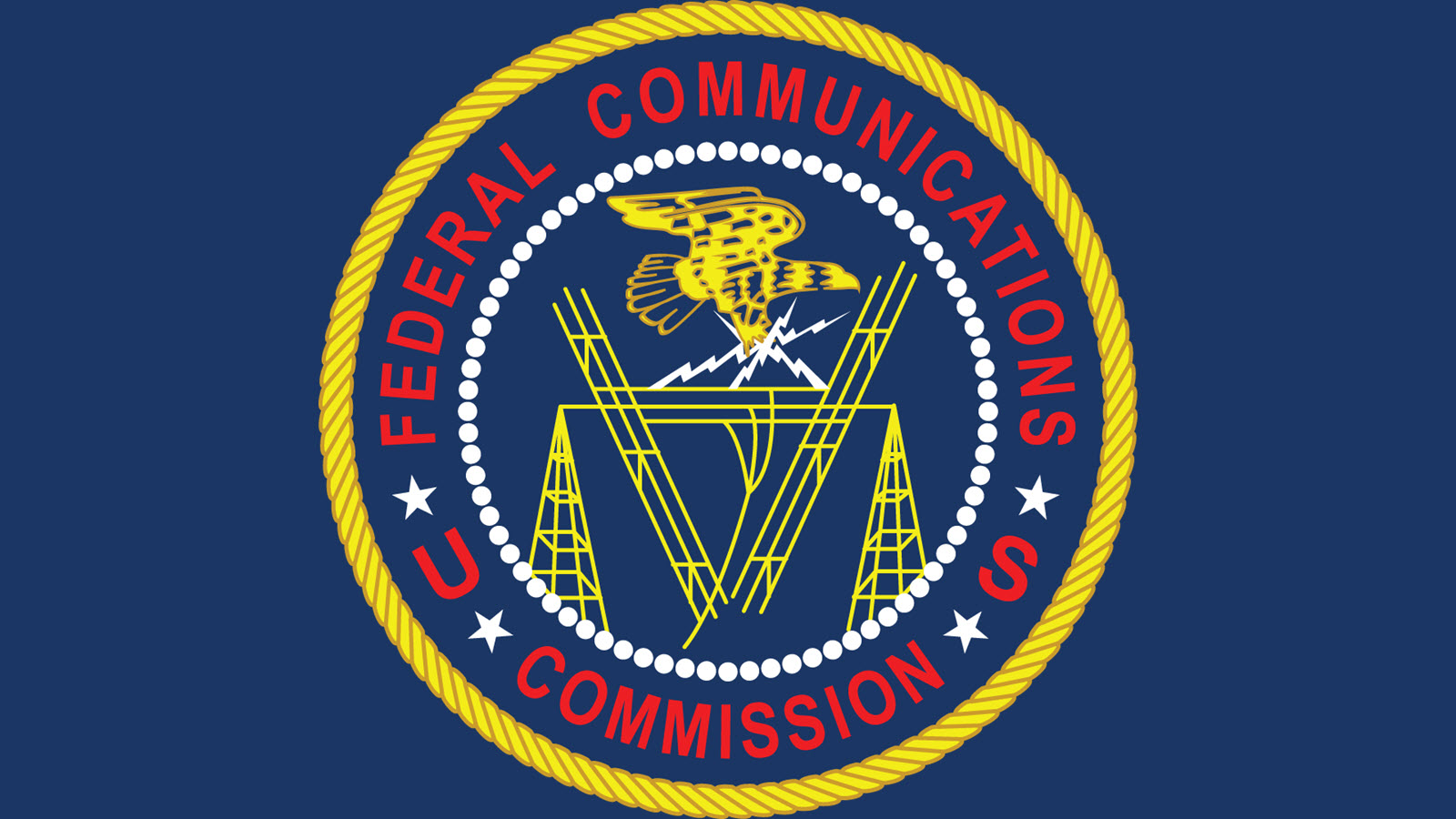FCC Auction Tops $1.5 Billion

The smarter way to stay on top of broadcasting and cable industry. Sign up below
You are now subscribed
Your newsletter sign-up was successful
The FCC's 24 GHz spectrum auction has pushed past $1.5 billion in bids, more than double the take from the previous, 28 GHz auction.
Both are meant to free up spectrum for 5G. The 24 GHz (high-band, millimeter wave) auction comprises 2,909 licenses divided up by partial economic areas.
After round 27, the total was $1,544,649,275, with almost 5% of that total accounted for in the top two markets--New York with a high bid of $41,113,000 and L.A. with a high bid of $31,635,000.
FCC Preps Next Spectrum Auction
It is a clock auction, with the FCC raising the price after each round for licenses for which there is more demand than supply, which is definitely the case in New York and L.A. So, for round 28, the opening bid will need to be $45,225,000 and for L.A., $37,799,000.
Rounding out the top five markets with the highest bids are Chicago with $18,694,000, San Francisco with $14,735,000 and Baltimore-Washington with $14,068,000.
Related: FCC Prepares Third Spectrum Auction
The smarter way to stay on top of broadcasting and cable industry. Sign up below
There were 58 bidders on the initial list of those who had submitted a short-form payment, including Cox, but the cable operator decided not to bid, and because of FCC auction rules, cannot talk about its reasoning.
Among the other qualified bidders is Windstream, which is reorganizing under chapter 11 bankruptcy but got permission from the court for "up to $400 million of its $1 billion in debtor-in-possession (“DIP”) financing" to allow it to continue operating its business as usual, including apparently investing in spectrum, and in its future, if it wins any in the auction.
The FCC is continuing with three, one-hour rounds per day, though it could change the length and frequency of the bidding to speed the process, as it has done in past auctions.
The auction opened March 14 and is being held in two phases. Initial bidding (clock phase) is on generic spectrum, with a follow-on auction (assignment phase) among the winners for specific frequencies.
The initial license periods are not to exceed 10 years. There are also build-out requirements—so the spectrum can't be warehoused but must be used as advertised. Bidding credits were available for rural service, small businesses and tribal lands, capped at $25 million.
The FCC earlier this year completed auction 101 (28 GHz spectrum), the first millimeter-wave auction, which brought in $702,572,410 for 2,965 licenses. The 24 GHz auction comprises 2,909 licenses divided up by partial economic areas.
FCC chair Ajit Pai has said that while the auctions may not be 'flashy,' they are "a vital step toward promoting U.S. innovation in 5G wireless services, the Internet of Things, and many technological “firsts” in these previously-underused, high-band frequencies."
But there was some flash associated with the launch of the 24 GHz auction, those were the muzzle flashes of fire aimed at the auction.
Some legislators asked the FCC to delay the auction due to concerns expressed by NASA and others about interference with adjacent frequencies used for gathering weather data.
“Today’s 24 GHz auction is an important step towards securing American leadership in 5G," FCC spokesman Brian Hart said at the auction's launch. "The FCC’s rules for this band went through the standard interagency coordination process, provide the necessary protection for other spectrum bands, and have been on the books since 2017.
Contributing editor John Eggerton has been an editor and/or writer on media regulation, legislation and policy for over four decades, including covering the FCC, FTC, Congress, the major media trade associations, and the federal courts. In addition to Multichannel News and Broadcasting + Cable, his work has appeared in Radio World, TV Technology, TV Fax, This Week in Consumer Electronics, Variety and the Encyclopedia Britannica.

